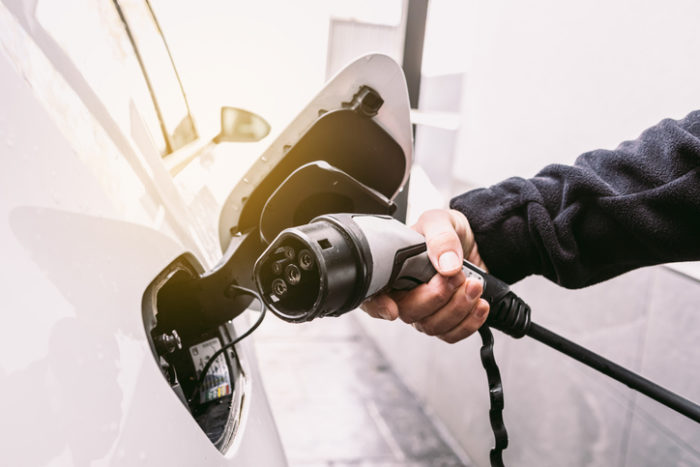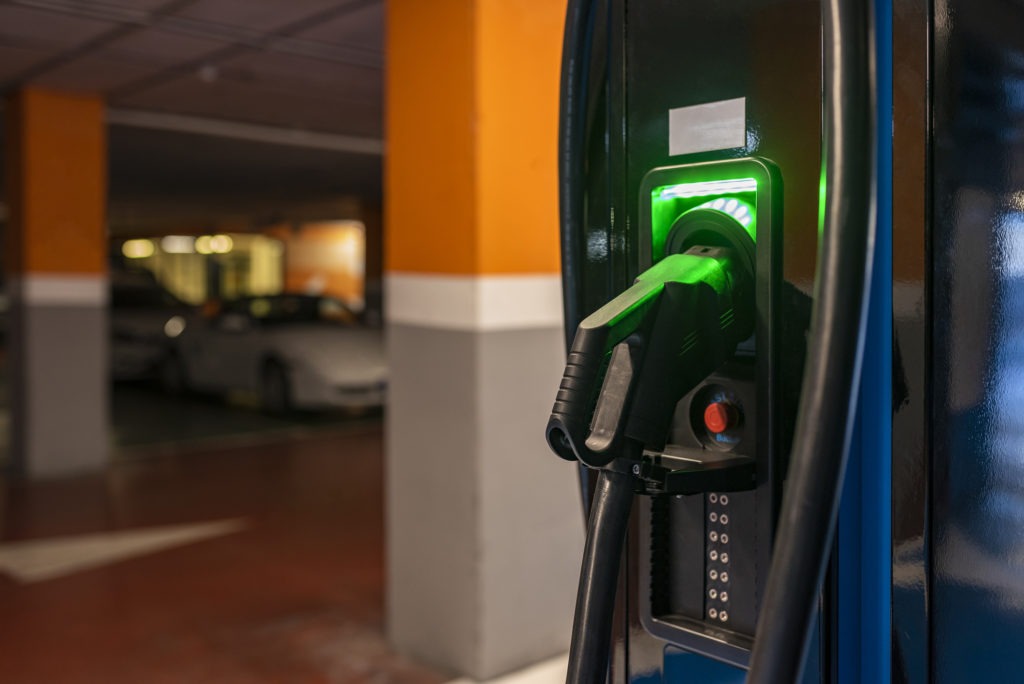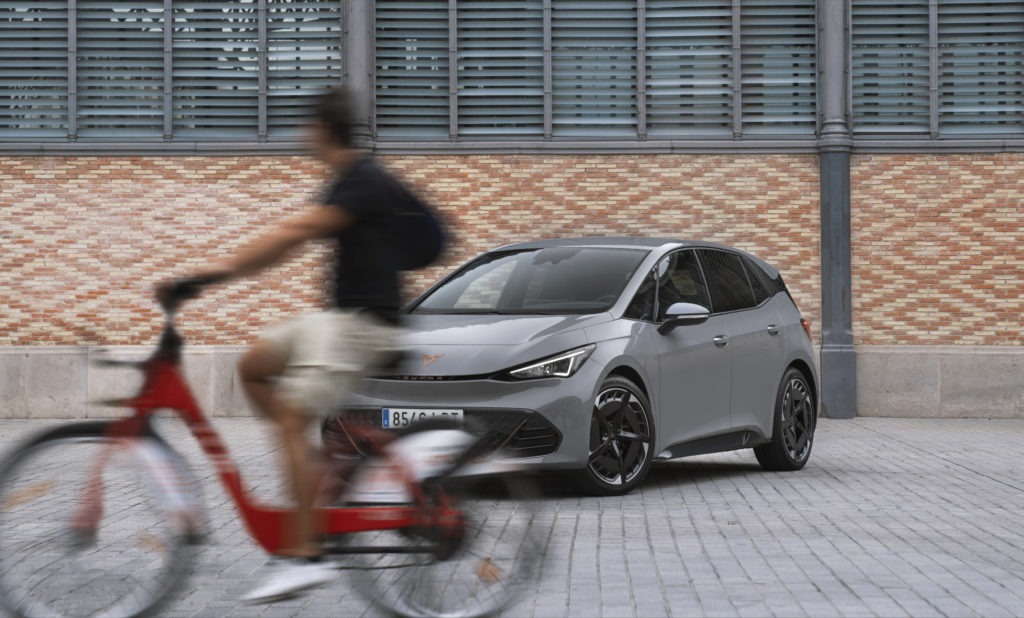Germany’s ‘world-first’ battery passport project
29 April 2022

Batteries for electric vehicles (EVs) are not as green as the automotive industry would like them to be, but this could soon change. A group of battery- and carmakers – including BMW, Volkswagen, BASF, and Umicore – is leading a consortium to develop a battery passport that will trace the content and carbon emissions of EV batteries in Europe. The project has been described as a ‘world-first.’
The consortium of 11 partners has received €8.2 million in funding to create environmental standards for gathering this data, which will bundle together relevant information along a battery’s lifecycle, from raw material extraction to recycling. Germany’s Federal Ministry for Economic Affairs and Climate Action (BMWK) is funding the digital battery passport.
The goal is to ensure a sustainable transition to low-carbon mobility and energy storage, an effort that will also help to cut dependency on raw materials, with battery recycling playing an important role. This will see a minimum amount of lead, cobalt, lithium, and nickel to be re-used in new battery production.
Higher EV battery standards
The three-year project is the first digital product passport of its kind to be introduced at European level. This comes at a time when the European Commission wants to modernise the EU’s regulatory framework for EV batteries to secure the sustainability and competitiveness of battery value chains. Under these cross-country regulations, battery passports could soon become the norm in the bloc.
The battery passport will meet the requirements by the upcoming EU battery regulation, which will be mandatory for all newly purchased batteries in vehicles, stationary storage systems and larger industrial batteries in Europe from 2026.
‘European battery production can only be successful if it focuses on sustainability in as many areas as possible,’ said BMWK state secretary Michael Kellner.
‘With the digital battery passport, we are getting a lot closer to these goals: it bundles important data such as the climate footprint or information on raw material extraction, which can be easily exchanged among economic actors. It is also easy to see how batteries can be repaired and recycled,’ he added.
Circular management
The ministry’s battery passport project aims to support the sustainable and circular management of industrial and EV batteries. It will record basic information and technical data to help build a more sustainable supply chain.
The consortium will closely cooperate with partners including Mercedes-Benz. It will also work with the Global Battery Alliance, which has been an advocate of establishing battery passports to create an international framework around measurement, auditing, and reporting of parameters across the battery value chain.
Part of the consortium is supply chain traceability provider Circulor, which is working with car manufacturers such as Polestar and Volvo to track minerals and materials via blockchain. The company will lead a project, using content and technical standards to simulate data flows and system transactions. The startup tracks battery materials and their greenhouse gas emissions to improve responsible sourcing.
‘Batteries are valuable assets and giving them an identity will be key to achieving circular economies that deliver resource security and lower emissions,’ said Circulor CEO Douglas Johnson-Poensgen. ‘We are excited to contribute our know-how to building this battery passport demonstrator.’



